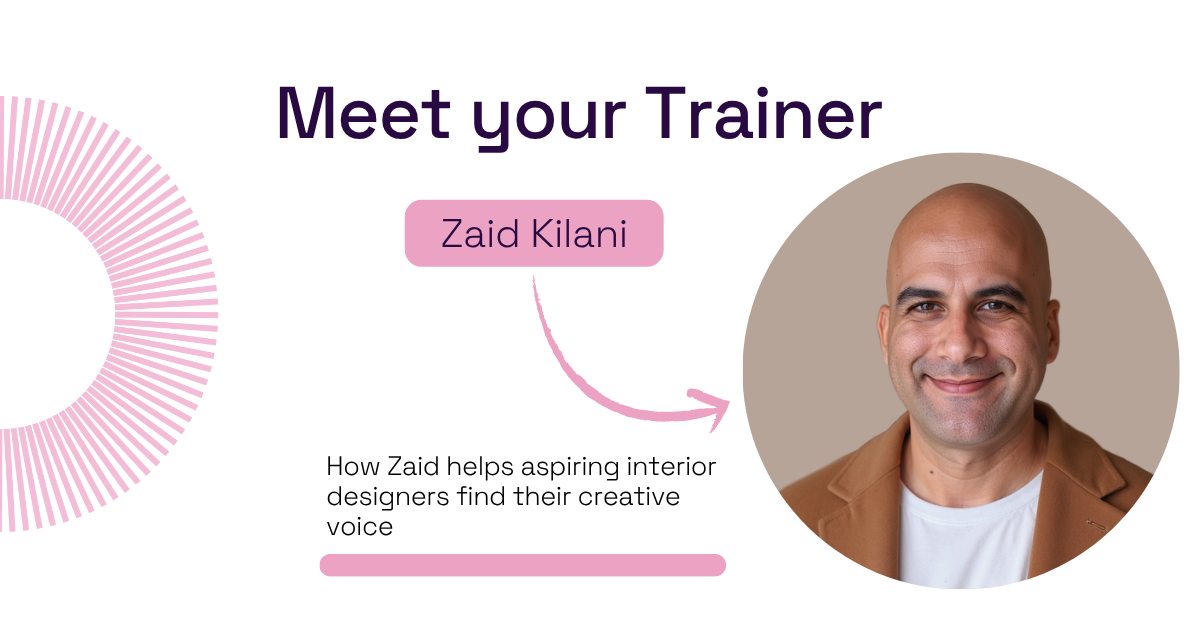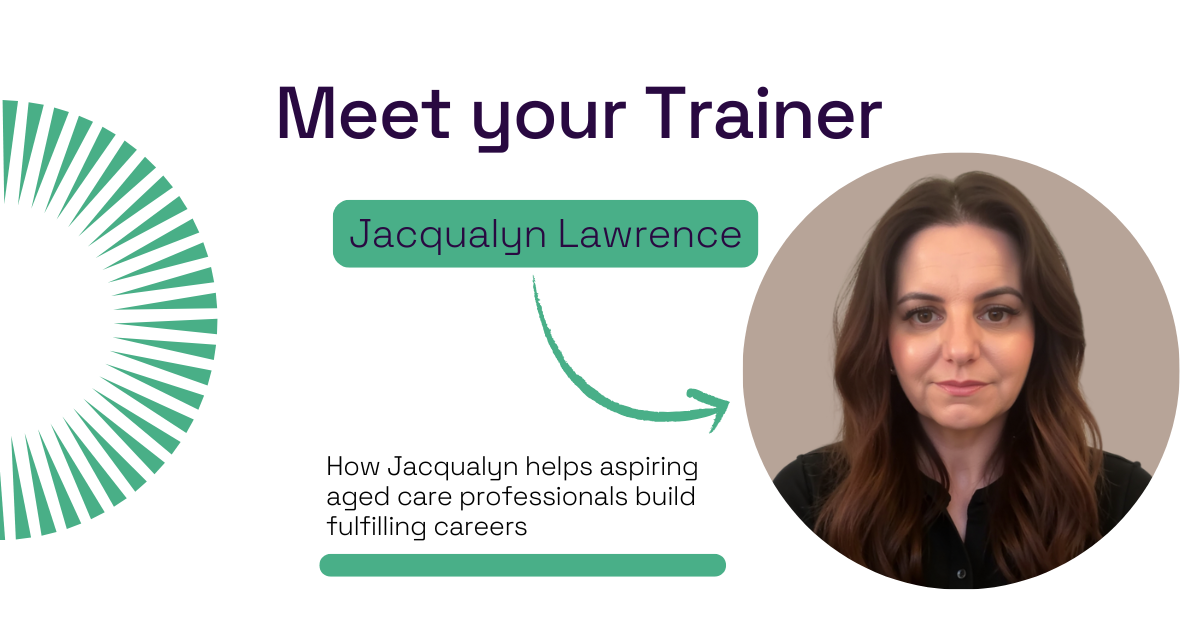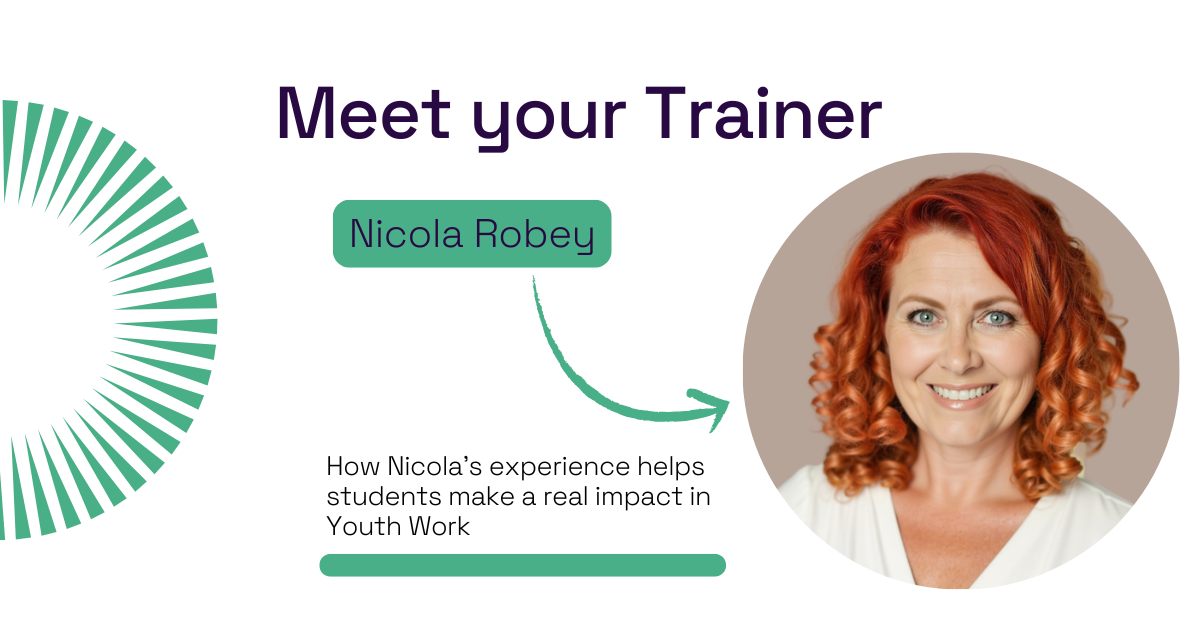Explore our collection of informative and educational blog posts to stay updated on the latest industry trends and expert advice.
Confidence Training – Seven quick ways to appear confident at work

If you find yourself lacking confidence at work, and you kick yourself for not speaking up more in meetings, you’re definitely not alone. 70% of people admit to regularly lacking confidence in themselves when it comes to their careers.
Lack of confidence can be costly. It makes us doubt our abilities, judgement and impacts our feelings of self-worth. It can even impact your earning potential. Low self-esteem affects many of us, and those who appear to have it all can be the worst affected. Always remember: Even the smartest, most successful people can be riddled with self-doubt.
So, how can you stop the negative self-thoughts and become more confident at work? Keep reading to find out some tips and tricks.
Keep your head and chin up
Body language plays a crucial role in communication. These include your posture, facial expressions, and hand gestures. Whether you’re in a meeting or just working at your desk, keep your chin up and head high. Why? Because it subconsciously shows people that you’re confident in what you’re saying and doing. Being more confident will actually make you appear more competent.
Everyone makes mistakes so refrain from the negative self-talk
“I’m such an idiot.” “How did I mess that up? I’m so stupid.”
Sound familiar? If you find yourself repeating those horrible phrases about yourself: Stop. Criticism, especially when it comes from yourself, is absolutely destructive and you don’t deserve it. Maybe your parents were overly critical, or a trusted teacher made you feel stupid. You started doubting yourself and never stopped. It can be hard to learn to trust yourself again, but it can be done! Be gracious to yourself when you’ve made a mistake. Everyone makes mistakes. Mistakes don’t make you stupid. They don’t make you unworthy. They just make you human.
Focus on your strengths
People with low confidence tend to focus on what they lack. People who are highly confident focus on their strengths. Turn your focus towards what you do well in the workplace. Take pride in it and be proud of yourself. After awhile you’ll see a shift in the way you used to think. You’ll develop belief in your abilities and your confidence will blossom.
Fake it until you make it
If you’re suffering from imposter syndrome, you’re not alone. 62% of global employees feel it, too. Impostor syndrome makes you feel like you aren’t good at your job, but these feelings are based on fear—not reality. Everyone feels insecurity and self-doubt, even the most senior and experienced managers. So, how do you combat it? By focusing on facts, not lies.
The next time you’re in a situation that makes you feel like an impostor, refer back to the facts. Example Fear: “I’m not smart enough for this job.”
Fact: You were hired for a reason.
Fear: I don’t know what I’m doing.
Fact: You will learn as you progress.
For now, just fake it until you make it. Keep learning, keep asking questions, remember you were hired for a reason and keep your head and chin up.
Dress well
What you wear can dramatically boost your confidence in the workplace. Simple is often best: invest in a few key pieces, a fitted jacket, a powerful pencil skirt, a pair of smart shoes. Play to your shape, identify your personal style, and not only will it influence how others see you – it will also positively influence how you see yourself.
Relax
Stop. Unclench your jaw. Take a deep breath. Lift your head and chin. Look out the window.
We spend 40 hours a week at work and it’s so important to relax and not take it all so seriously. Work is rarely a life and death situation. Yes, it’s important to be professional, but we work to live. We don’t live to work. If possible, personalise your workstation into something creative and fun. Decorate the walls with relaxing pictures, or motivational messages that calm you down and instill you with confidence. And whenever possible, stop, look out the window and think about the things that matter to you most.
Be kind to yourself
There’s a strong correlation between self-compassion and self-confidence. Treat yourself with kindness when you make a mistake or experience a setback. Practice positive self-talk that is optimistic and it will help foster self-compassion. Don’t be your own worst enemy. There’s plenty of people willing to do that for you.








